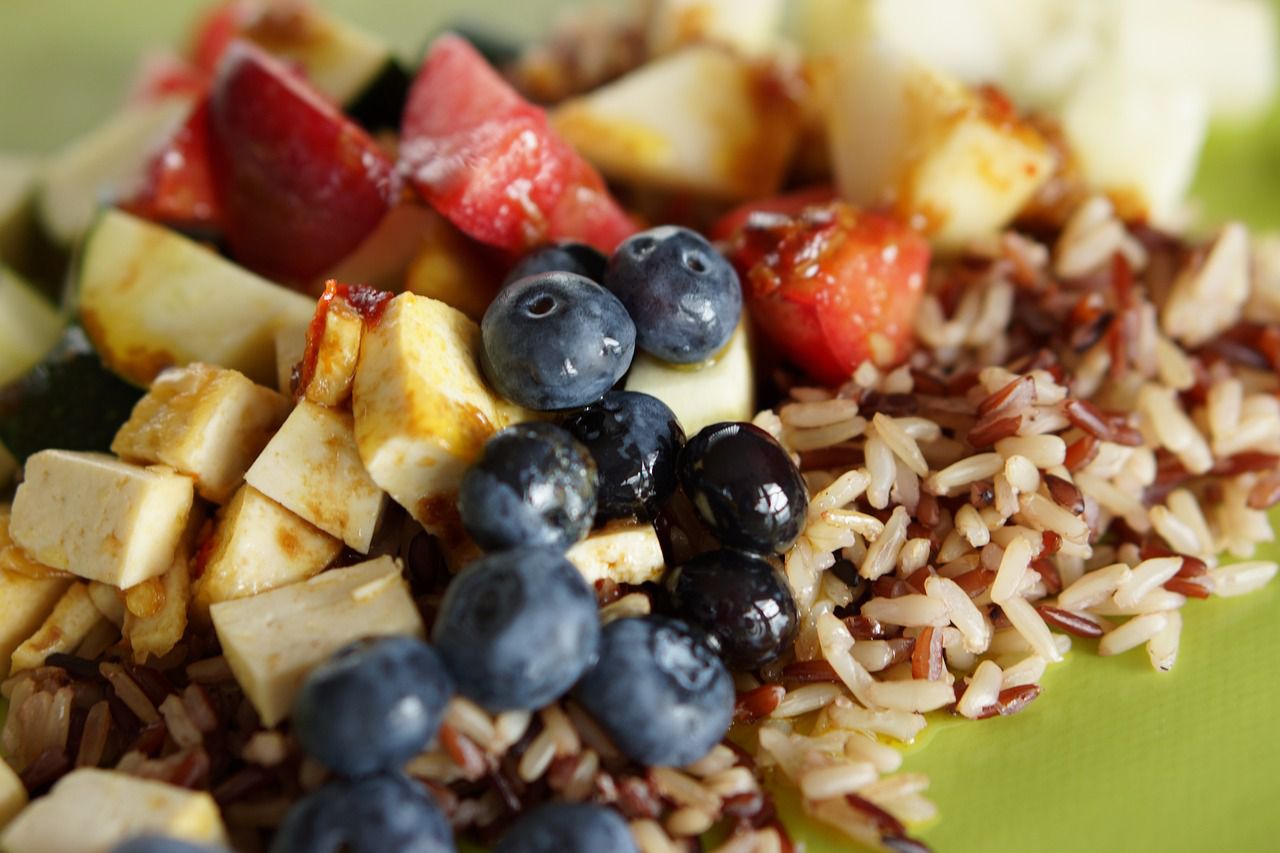Why your rice is hard after boiling: When time of cooking doesn't matter
Have you ever been cooking rice for a long time only to find out that it's still hard?
Rice remaining hard after boiling for a long time can occur due to a few different reasons, primarily related to the type of rice being used, the cooking method, and the water-to-rice ratio.
Here are some factors that can contribute to rice not fully softening during cooking.
Type of Rice
Different types of rice have varying levels of starch content and outer bran layers, which affect their cooking times.
For example, brown rice and certain types of whole-grain rice have tougher outer layers that require longer cooking times to soften compared to white rice.

Water-to-Rice Ratio
The amount of water used relative to the amount of rice is crucial for proper cooking.
Too little water can result in rice remaining undercooked and hard.
Consult the recommended water-to-rice ratio for the specific type of rice you are using.
Heat Level
Cooking rice over too high or too low heat can impact its texture.
Too high heat might cause the outer layers to cook faster than the inner part, leaving the rice unevenly cooked.
Too low heat might prolong the cooking time, leading to undercooked rice.
Lack of Lid or Steam
Keeping the lid tightly closed during cooking allows steam to build up, which is essential for even cooking and proper absorption of water by the rice grains.
If the lid is not sealed tightly or if there's insufficient steam, the rice might not cook evenly.
Rinsing and Soaking
Rinsing rice before cooking removes excess starch and prevents it from becoming too sticky, but excessive rinsing can lead to undercooking.
Additionally, soaking rice before cooking can help soften the grains, especially for whole-grain varieties.
